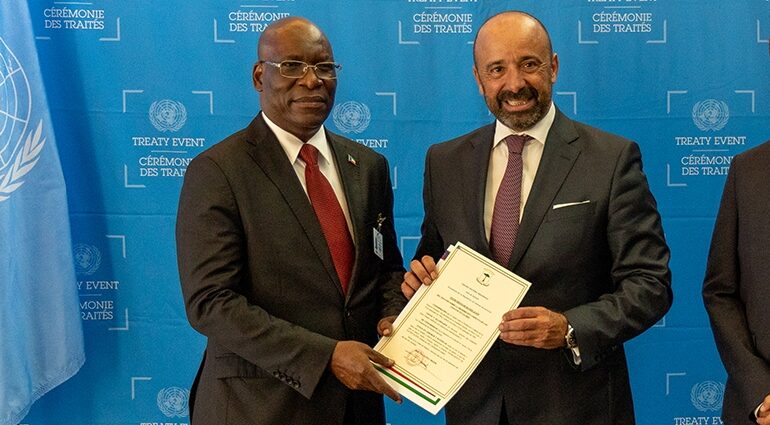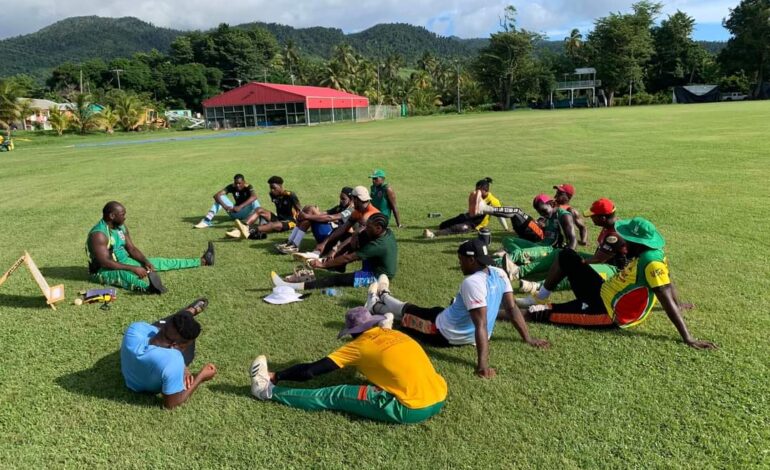
17 September 2022 – Panama City, Panama – The Food and Agriculture Organization of the United Nations (FAO) recently trained 79 participants including fisheries officers from Panama, Belize, El Salvador, Guatemala and Nicaragua in Analysis and Interpretation of Fisheries and Aquaculture Data for the Panama Aquatic Resources Authority (ARAP). The course took place virtually from 27 June 2022 to 1 July 2022, and introduced Fisheries Statistics based on the International Training Course in Fisheries Statistics and Data Collection developed by FAO in collaboration with the Department of Oceanography and Fisheries of the University of Ghana and the Ministry of Fisheries and Agriculture of Ghana. It was the first time in over 15 years that regional course in Spanish on fisheries statistics was delivered in the region. The training material covered eight modules on different aspects of fisheries statistics ranging from different methods of data collection to the analysis, with main focus on collecting small-scale fisheries statistics.
The development of national capacity to produce reliable and timely data is a critical aspect in the Western Central Atlantic Fisheries Commission (WECAFC) region; quality data and statistics are required to address issues of overfishing, ecosystems restoration and livelihoods resilience through decisions based of scientific evidence. This topic is addressed in different ways by the Commission with implementation of various national or regional projects in support of fisheries statistics, in particular with the organization of national and regional training courses.
“The training was given in a simple way and with great technical capacity. It met expectations, as the training was based on the main concerns and needs that the technicians had, and it was possible to ask specific questions addressing also national realities. Successful recommendations were made for the improvement of the collection and subsequent data analysis”, said Yesuri Pino, one of the course participants.
Another participant of the same institute, Alberto Saa, of Oceanografo added “My expectations were aimed at obtaining clear, precise, objective and orderly information from the course that would help me to obtain fishing DATA in the field. The training had all the ingredients that will allow me to strengthen the fishing information obtained, since it included the use of software (Excel) to process, analyze and interpret the field data from a statistical point of view”.
Meanwhile, Yvette Diei Ouadi, FAO Caribbean Sub-regional Fishery and Aquaculture Officer and Secretary of WECAFC stated, “The training was one of the last deliverables of this WECAFC project. The fact that this initially planned at the national level event, but it turned out to gather various members across the OSPESCA membership, is a reflection of the high interest in building capacity that is conducive for real-time quality data in a known data poor context characterized by small-scale fisheries, for well-informed decision making and investment”.
The course was delivered by the Fisheries and Aquaculture Division based FAO Headquarters, Rome. The funding for the course has been provided by European Commission Directorate General for Maritime Affairs and Fisheries under the project “Support to the activities of the transversal WECAFC/CRFM[1]/OSPESCA[2]/IFREMER[3]/CFMC[4] Fisheries Data and statistics Working Group”.






